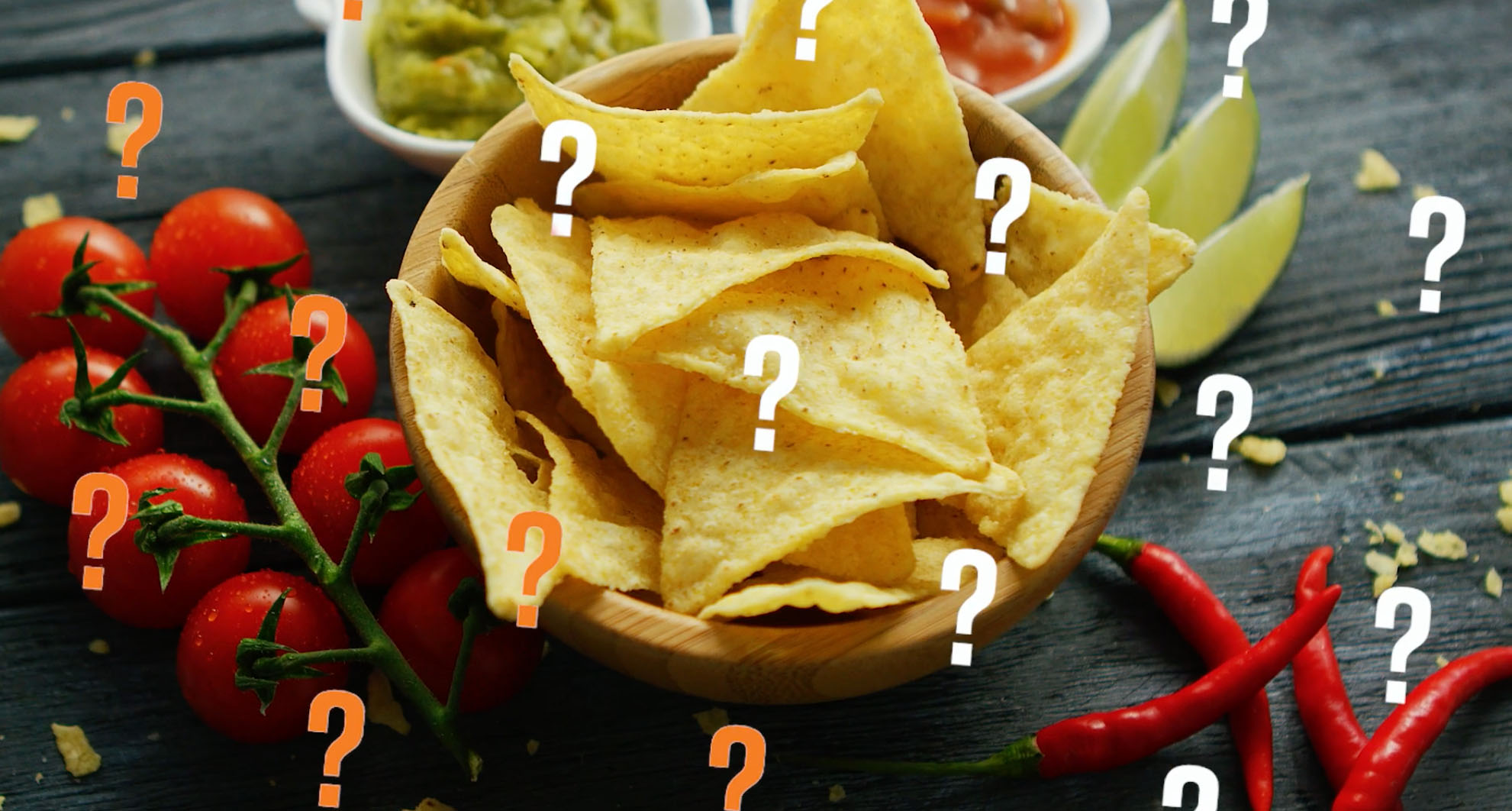How Much Salt is Too Much?

Sugar, fat, carbs.
They are the things you’re told to eliminate in most diet plans. Cut one or more, and you’ll start noticing the change, but eventually, cravings and weight gain may return.
Welcome to Dr. Pearlman’s Mindful Minute.
Excess salt is not only hindering your goals; it’s killing you.
Do you ever wonder why restaurants serve chips and salsa or offer mixed nuts at the bar? Those salty foods increase thirst and stimulate cravings. Salt finds its way into our daily lives because it’s used as a preservative and makes food tasty.
When cooking, use salt substitutes to flavor your food.
Natural spices like fresh herbs or black pepper can be just as tasty. Dr. Dileep Yavagal is an interventional stroke neurologist at the University of Miami. Tell us, how is salt consumption affecting people’s health?
Salt consumption above daily requirements is a much more serious problem than we often recognize. I see the devastating effects of stroke on patients and their loved ones on a daily basis.
High blood pressure is one of the major causes of stroke and affects one in two American adults. Salt consumption leads to an increase in the volume of blood in our vessels and water retention. This is what plays a major role in high blood pressure. Ever notice swelling in the legs and puffy fingers after dining out?
Dr. Pearlman:
It’s true. The American Heart Association recommends consuming less than 2300 milligrams of salt daily. The average American consumes almost twice that.
It’s unfortunately far too easy to exceed the recommended amount.
You can find more than 1500 milligrams of sodium in this soup or Turkey sandwich. Add the side and the drink, and you’ve already consumed your daily salt intake in one meal. Yet you think you’re eating healthy.
Dr. Dileep Yavagal:
Dr. Pearlman, I wonder if cooking fresh every day is an effective solution to decreasing our salt intake?
Dr. Pearlman:
I think that’s definitely a start, but the hard part is that salt is found in food that we consume on a daily basis, even in foods marketed as healthy. Although there are dozens of health claims promoting various salts, including Himalayan, sea salt, and kosher salt, they all have similar effects on the body.
Here’s your Mindful Minute tip for grocery shopping.
Dr. Pearlman:
When shopping, avoid canned and frozen foods. Those quick-fix options are loaded with salt to preserve their shelf life. Instead, choose fresh foods in the grocery store or frozen options without seasonings or sauces.
Dr. Dileep Yavagal:
Those quick-fix meals are quite a problem. They can lead to many visits to see me with health complications and increase your risk of death.
Dr. Pearlman:
Salt tastes great. It’s the reason you can’t just eat one chip. It makes fries irresistible, and restaurant food and savory snacks, addictive.
Dr. Dileep Yavagal:
Although eating at restaurants contributes to our excessive salt intake, two-thirds of the salt we consume comes from the food we buy at the grocery store.
Mindful Minute tip on how to choose better options.
Dr. Pearlman:
Read the nutrition label and choose items that say low sodium. Snacks like chips and quick-fix meals like ramen noodles are packed with salt. Pick lean meats or fish from the butcher instead of deli meat or lower salt snack options like carrots with guacamole to cut down your daily intake.
The bottom line? Don’t let salt replace sugar, fat, or carbs. Moderation of anything is the key to your long-term success.
Video series created by Dr. Michelle Pearlman.
Tags: Dr. Dileep Yavagal, Dr. Michelle Pearlman, excess salt, healthy eating, healthy living miami, high sodium, Mindful Minute, Nutrition
